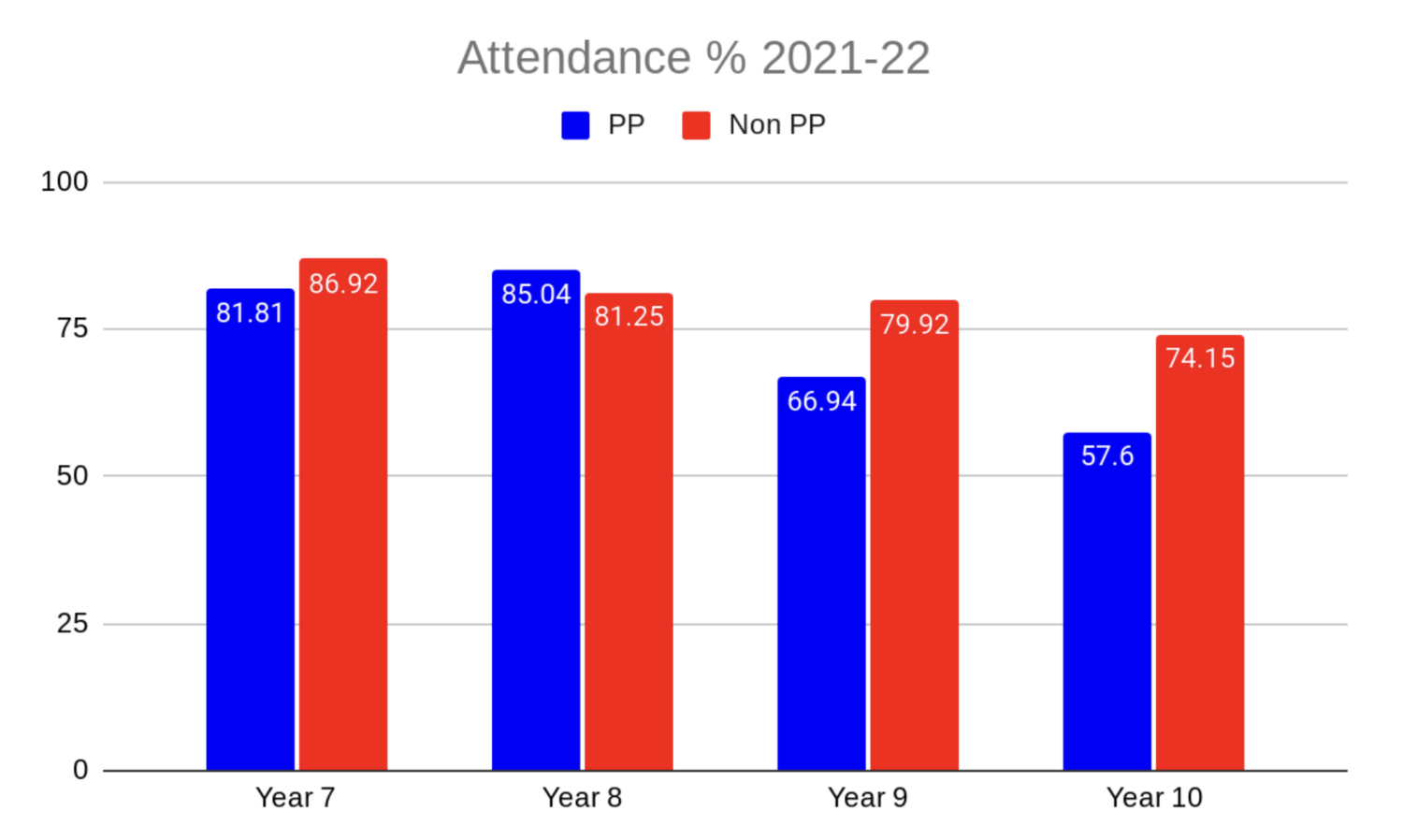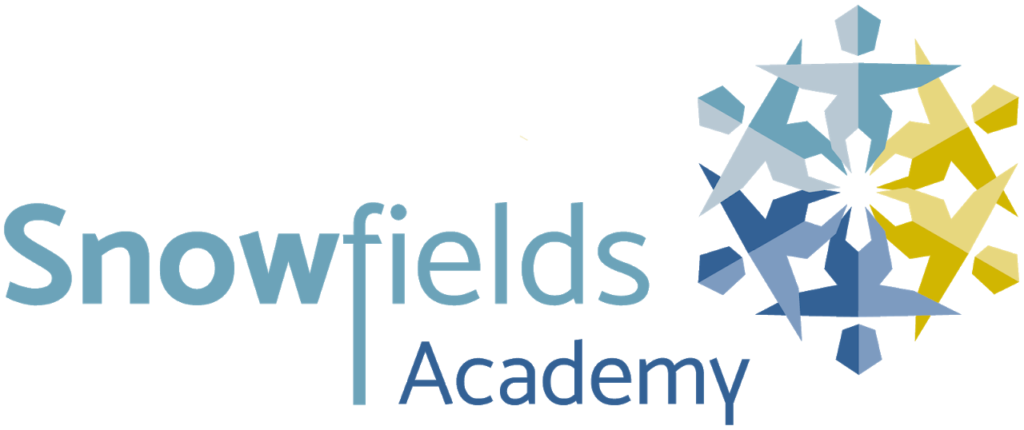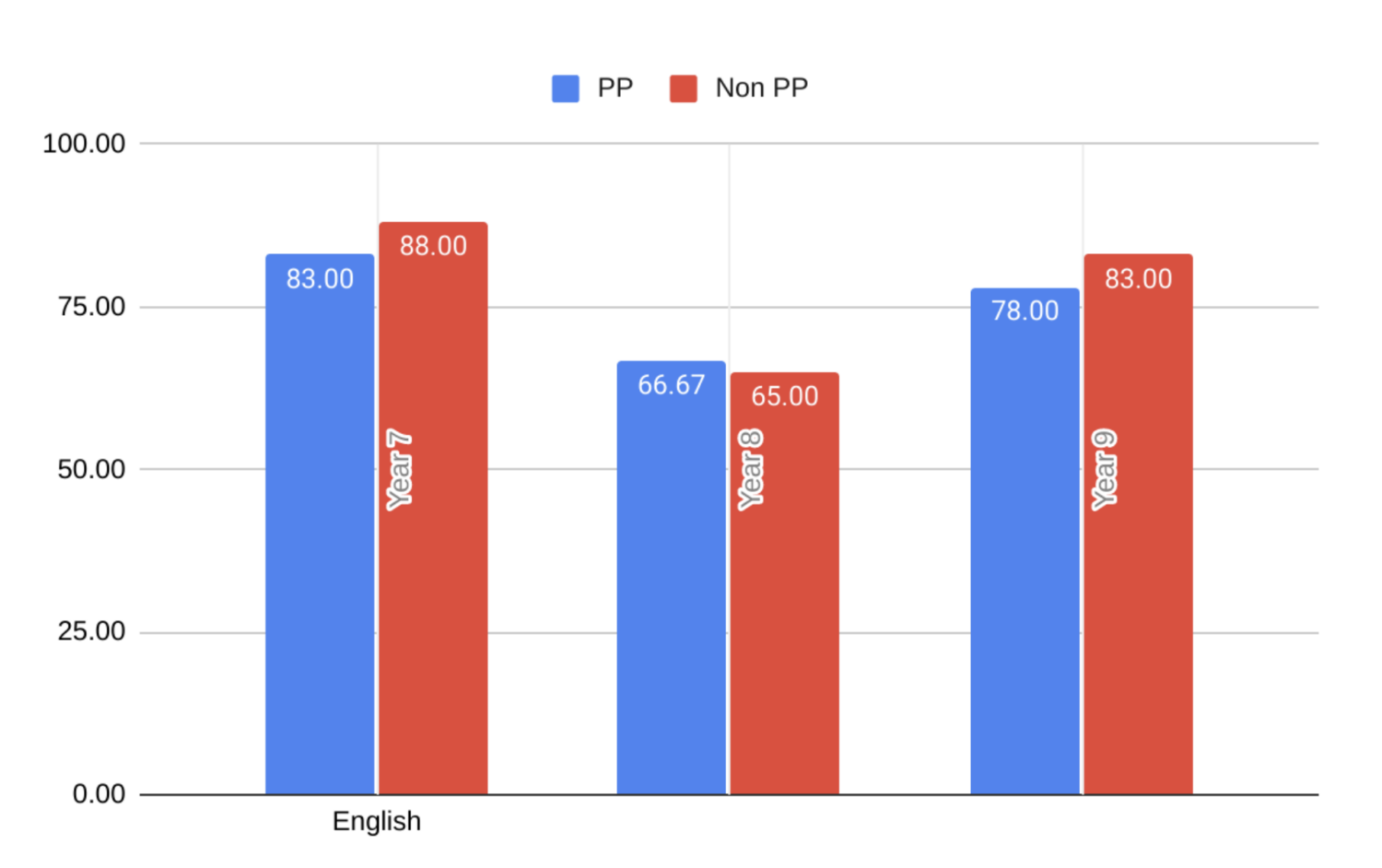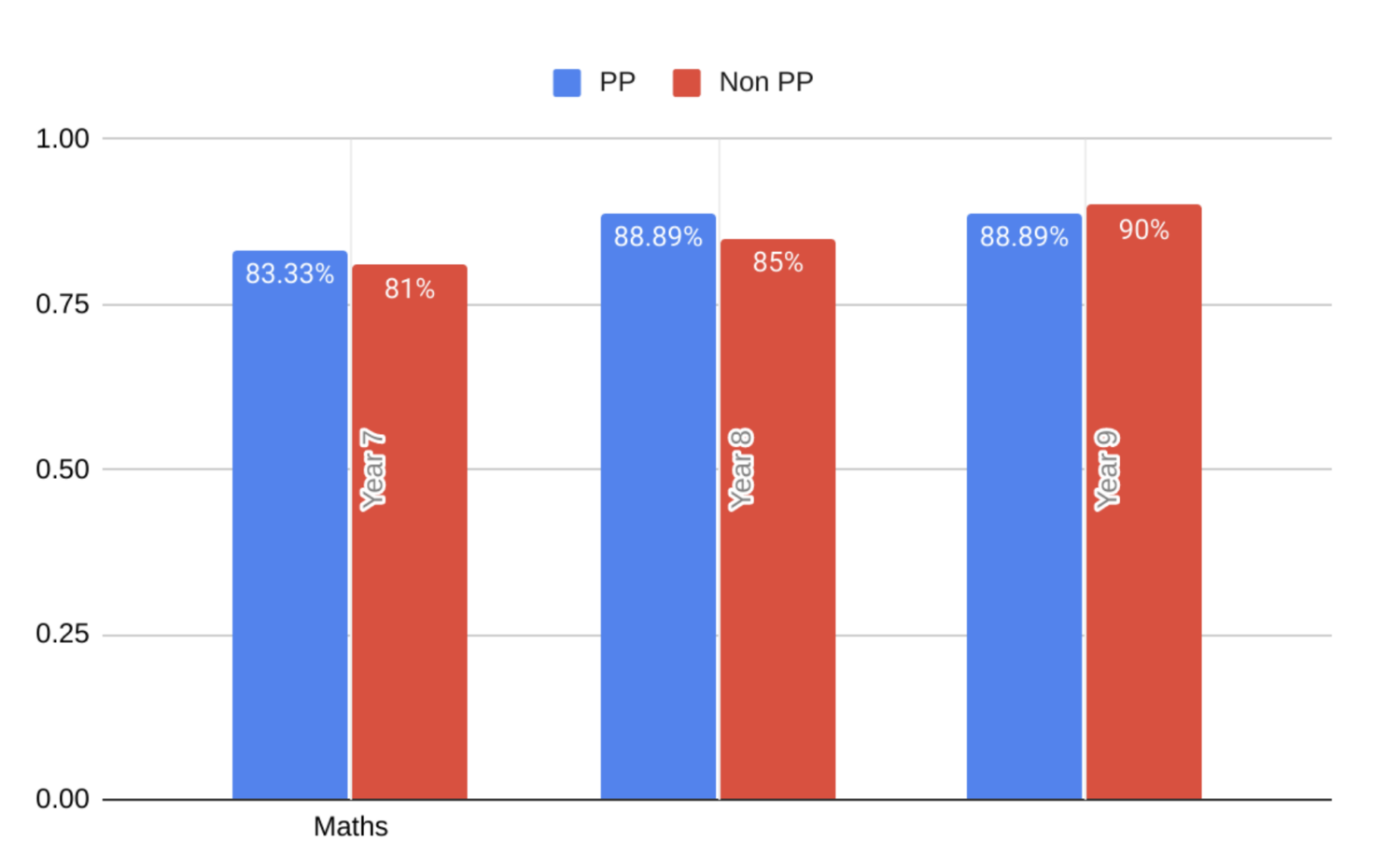This statement details our school’s use of pupil premium (and recovery premium for the 2021 to 2022 academic year) funding to help improve the attainment of our disadvantaged pupils.
It outlines our pupil premium strategy, how we intend to spend the funding in this academic year and the effect that last year’s spending of pupil premium had within our school
School overview
School name
Snowfields Academy
Number of pupils in school
176
Proportion (%) of pupil premium eligible pupils
26.7%
Academic year/years that our current pupil premium strategy plan covers (3 year plans are recommended)
2022-23 (Year 2 of plan)
Date this statement was published
30th September 2022
Date on which it will be reviewed
July 2023
Statement authorised by
Debbie Biggenden, Academies Director
Pupil premium lead
Dee Pickerill
Governor / Trustee lead
Simon Lockwood
Funding Overview
Pupil premium funding allocation this academic year
£24,625
Recovery premium funding allocation this academic year
£45,264
Pupil premium funding carried forward from previous years (enter £0 if not applicable)
£0
Total budget for this academic year
£69,879
Statement of intent
All of our students at Snowfields Academy have a diagnosis of Autism and an EHCP with autism as their primary need. As such, all of our students are disadvantaged, not just those in receipt of pupil premium.
Due to the complex nature of their needs, autism and any related issues such as ADHD, sensory needs, epilepsy etc. may present as the biggest barrier to our disadvantaged students’ learning, not just their socio-economic disadvantage. Students who are not in receipt of pupil premium funding will benefit from the use of this fund, alongside their peers who are.
Our students have complex needs; they require highly structured and personalised approaches to their learning, personal development and emotional well being. Some of our students are Emotionally Based School Avoiders (EBSAs), and need a highly personalised approach to school attendance and engagement. Many of our students have high levels of anxiety which further impact their learning and well being. Due to their needs, all of our students have social communication difficulties which are supported by our Head of Therapy/SALT and our class teams.
Our pupil premium funding will be used to support students, in receipt of pupil premium funding and others, to reduce their barriers to learning, close any achievement gaps and support with their personal development and well being.
Challenges
This details the key challenges to achievement that we have identified among our disadvantaged pupils
Challenge 1
Academic achievement
Challenge 2
Cultural capital
Challenge 3
Behaviour
Challenge 4
Well being
Challenge 5
Personal development
Intended Outcomes
This explains the outcomes we are aiming for by the end of our current strategy plan, and how we will measure whether they have been achieved.
Intended outcome
Success criteria
Close any gaps in attainment for pupils in receipt of PP across all subjects
No significant gaps between those in receipt of PPG and others
Offer opportunities for trips and other cultural enrichment through part funding for those in receipt of PP
All students take part in a curriculum which is rich in cultural capital leading with years 7, 8 and 9 taking part in an offsite course of activities. We will continue to fund and develop this offer across both Bearsted and Cranbrook colleges and will introduce a co-curricular offer for students in Years 10 & 11 which is linked to their vocational learning.
To improve behaviour in order to reduce barriers to learning for those in receipt of PP and others.
Pupils know and understand that they are entitled to the same high quality education and life opportunities as their peers and embrace this.
All students, and especially those in receipt of PP to be supported to develop and maintain good levels of wellbeing and emotional resilience
Head of Therapy will have developed a more formalised approach to meeting emotional and well being needs using a universal/targeted/specialist approach. Train an additional 1 or 2 ELSAs and/or Mental Health First Aiders. Fund upkeep for Willow and Otis and Max, Snowfields’ wellbeing dogs
Provide funding to support our Unicef Rights Respecting application for the Silver Award, which will promote and recognise our students are “respected, their talents are nurtured and they are able to thrive”
Emily Stone will have led Snowfields Academy to be awarded Unicef’s Rights Respecting Silver award. Funds available will purchase any resources or cover required to support this.
Activity in this academic year
This details how we intend to spend our pupil premium (and recovery premium funding) this academic year to address the challenges listed above.
Teaching (for example, CPD, recruitment and retention)
Budgeted cost: £10,000.00
Attainment: enhance the skill set of all staff to deliver and support highly effective teaching and learning through a highly effective CPD offer which includes external providers where appropriate
Evidence that supports this approach
No significant gaps between PP and others
Challenge number(s) addressed
1
Cultural Capital: Part-fund trips for those in receipt of PP. Funding towards resources to support the delivery of DoE
Evidence that supports this approach
All students can access trips and events as part of the wider academy curriculum
Challenge number(s) addressed
2
Behaviour: Part-fund a Student Support Manager
Evidence that supports this approach
SSM will support with the delivery of behaviour strategies and will work under the direction of the behaviour lead teacher and senior leaders
Challenge number(s) addressed
3
Wellbeing and emotional development: Train a Cranbrook College teacher as a student mental health first aider. Provide funds towards the upkeep of Willow and Otis, academy wellbeing dogs
Evidence that supports this approach
Trained teacher in place who supports students with their mental health needs working alongside the Head of Therapy who leads on this area.
A wellbeing dog at each college to support with students’ attendance, learning and wellbeing
Challenge number(s) addressed
4
Personal Development: funding to provide any required cover for the leadership of Rights Respecting and provide an allowance for any required resources or events to facilitate and promote the successful award at silver level
Evidence that supports this approach
Successful award at Silver level
Challenge number(s) addressed
5
Targeted academic support (for example, tutoring, one-to-one support structured interventions)
Budgeted cost: £57,556
Student Support Manager will work with students to deliver their learning out of class when the are unable to access learning alongside their peers, and support with reducing barriers to learning which will see an increase of time in class
Evidence that supports this approach
Where students’ behaviour support plans indicate they should learn outside of the class for the rest of the lesson due to the impact on the learning of others this will be facilitated by the SSM in order for Tas to continue to support learning in class.
Challenge number(s) addressed
1 and 3
A librarian will work across both Bearsted and Cranbrook to further develop literacy and a love of reading. She will deliver the Accelerated Reader programme, support with book selection, reading strategies, reading and literacy related clubs and support with literacy in class where appropriate.
Evidence that supports this approach
Students signed up for and progress made in Accelerated Reader. Literacy levels are high and gaps closing where they arise. Students are supported by high quality library provision at both Colleges. Support cultural capital development through the provision and promotion of a wide ranging literary offer. Support the further development of Internationalism with a high quality range of books and suitable resources.
Challenge number(s) addressed
1, 3 and 5
Wider strategies (for example, related to attendance, behaviour, wellbeing)
Budgeted cost: £2,625
School wellbeing dog
Evidence that supports this approach
Students will be greeted by Willow to ease difficult transitions into school at the beginning of the day. Students will also have the opportunity to work for allocated time with Willow as an incentive/reward
Challenge number(s) addressed
4
Fund hire of college vending machines and purchase of items for the vending machines
Evidence that supports this approach
Students earn stamps for good behaviour for learning; the stamps convert into tokens which can be spent on items selected by the students in the vending machine.
Challenge number(s) addressed
3 and 4
Total budgeted cost: £70,182
Part B: Review of outcomes in the previous academic year
Pupil premium strategy outcomes
This details the impact that our pupil premium activity had on pupils in the 2021 to 2022 academic year.
Academic Outcomes
Outcomes for English, maths and science suggest that students in receipt of Pupil Premium are performing broadly in line with others. There are some slight variations where there is outperformance and underperformance, but numbers are so small in these groups that they are not statistically relevant. Where there are variations these are due to the SEN needs of individuals which is the primary barrier to their learning. Interventions are in place to close any gaps.
Attendance

In Year 7 and 8 attendance for PP and non-PP are broadly inline. In Years 9 and 10 there is some underperformance of PP students versus non-PP. The cohorts for these groups are very small with each student representing around 5%. There a number of individuals in Years 9 and 10 who joined us after breakdown in other school places and following a long period of absence, sometimes years, from education. Students who are ABSAs (Anxiety Based School Avoiders) are statistically over represented in this group. In almost all cases the primary cause of lower attendance is the young person’s SEND, and not deprivation. All students who have Persistent Absence are on a plan to increase their attendance and our funding for a Student Services manager from our PPG supports this process.
Externally provided programmes
Programme
Provider
Tutoring programme for Year 10s
MyTutor




